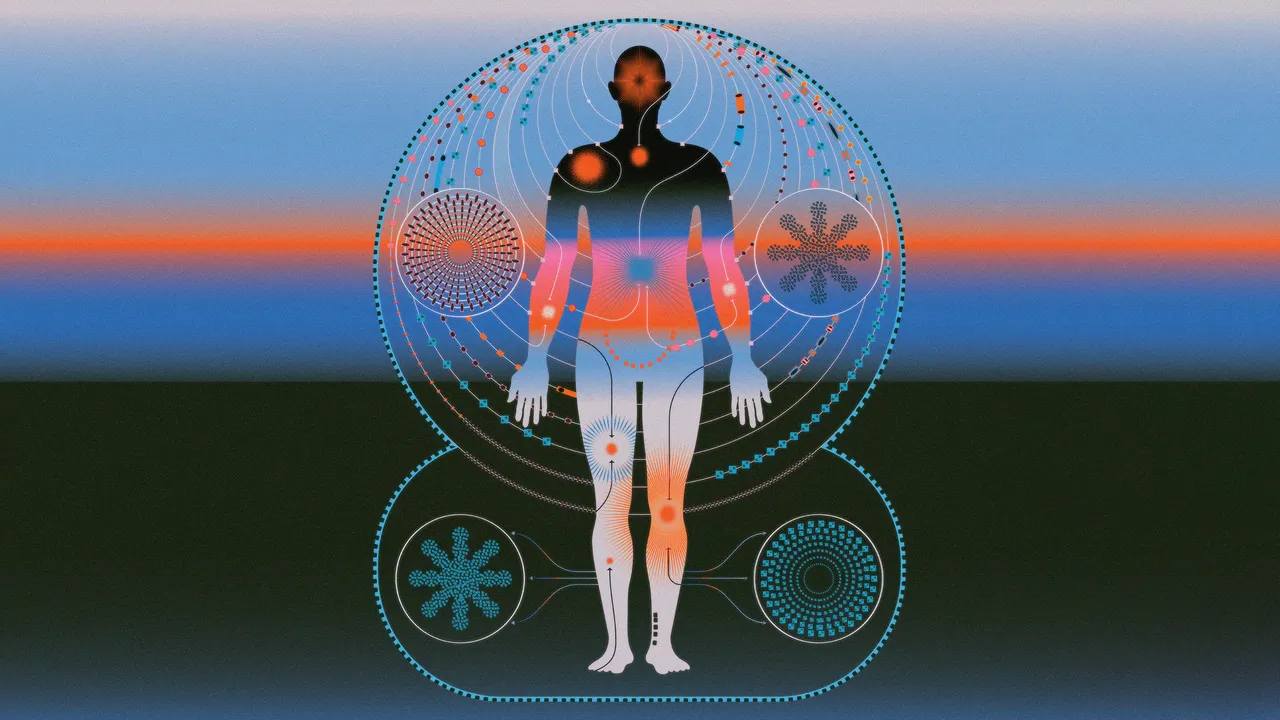
Drexel University scientist Brian Lee has conducted one of the largest, most comprehensive studies to date on the safety of using Tylenol during pregnancy.
His study, published last year in the highly regarded medical journal JAMA, found no link between a mother taking Tylenol and her child developing autism. This finding lines up with standard medical guidance, which for years has recommended pregnant women take Tylenol, also known as acetaminophen, to combat pain or fevers, which themselves can be dangerous in pregnancy.
President Donald Trump disagreed, claiming without definitive scientific proof Monday that using the over-the-counter pain reliever and fever reducer during pregnancy is dangerous to the developing fetus. His remarks at White House news conference were billed as a major medical announcement.
The Trump administration also announced that the Food and Drug Administration would approve leucovorin, a generic folate drug used to treat cancer and anemia patients, for autistic children. He was joined by Health and Human Services Secretary Robert F. Kennedy Jr., FDA Commissioner Marty Makary, and National Institutes of Health Director Jay Bhattacharya, among others.
Scientists have looked for potential links between acetaminophen and autism for more than a decade. No study has proven the painkiller causes autism, but some have found an association. Many others, including Lee’s, have shown no association.
His 2024 study looked at 2.5 million mothers and their kids in Sweden for up to two decades. His team first examined whether acetaminophen was associated with a kid’s risk of autism, ADHD, or intellectual disability. They found a small statistical association, however, “association isn’t causation,” Lee said.
He offered an example of this: Eating ice cream is associated with risk of drowning, but ice cream doesn’t cause the death. Instead, it’s the hot weather that could prompt someone to eat ice cream, and go swimming. Then drowning is possible.
To examine whether the association was real, Lee did a sibling analysis, wherein he looked at kids born to the same parents, and compared their outcomes based on acetaminophen use.
Since the children share parents, and therefore the same genetic risk, this allowed the researchers to account for the role of genetics, which has been shown to be the largest contributor to autism risk.
“When you do that, there’s completely no association at all,” Lee said.
Other studies have generally taken the approach of comparing children who were exposed to acetaminophen with unrelated children who weren’t, which does not account for different genetics or whether a mother is sicker during pregnancy.
After all, no one takes acetaminophen “for fun,” Lee said. They take it because of an infection or fever, symptoms that themselves could be associated with autism or other neurodevelopmental disorders.
Not accounting for these factors could be why some studies have found a small association, even if there isn’t causation.
“You’re getting basically an apples-to-oranges kind of comparison, and the sibling study really makes it more of an apples-to-apples comparison,” Lee said.
The trouble with studying use of acetaminophen and risk of autism is that there are no randomized controlled trials, which are the gold standard for establishing a causal link.
Instead, scientists often rely on observational studies that are weaker because they don’t account for these genetic effects, or studies in animal models that would not necessarily correspond with humans. Those should be evaluated critically.
“When you look at studies that have the sibling control analysis, there is no association of acetaminophen use with adverse neurodevelopmental outcomes,” Lee said.
Trump administration weighs in
Kennedy announced on Monday the launch of a $50 million Autism Data Science Initiative dedicated to investigating the causes of autism, and has pledged to uncover the “environmental” toxins that he believes are driving the rise in the disorder’s prevalence in the U.S.
Matthew Lerner, an associate professor and autism researcher at Drexel, emphasized that while understanding possible factors beyond genetics could be a worthy goal, the neurological condition is about as inheritable as height.
“It’s vital that we not lose sight of the fact that the last several decades are fairly conclusive in showing us that genetics are the main driver of likelihood of autism for any individual person,” he said.
Since the Wall Street Journal reported on the Trump administration’s intention to link Tylenol with autism earlier this month, medical societies have pushed back.
“Despite recent unfounded claims, there’s no clear evidence linking prudent use [of acetaminophen] to issues with fetal development. ACOG’s guidance remains the same,” a Sept. 5 post from the American College of Obstetricians and Gynecologists stated, affirming that acetaminophen is safe to use during pregnancy.
Impact of Trump announcement
Trump firmly recommended that pregnant women not take acetaminophen, stating that it “can be associated with an increased risk of autism.”
“Don’t take Tylenol. Don’t give Tylenol to the baby,” Trump said.
“There’s no downside in not taking it,” he added.
Lee fears pregnant people who follow Trump’s guidance would be left without a viable pain relief medication. Acetaminophen is considered the safest option for pregnant women to take for fevers and pain.
“Pain is not something you just grit and bear. This is a real challenge,” Lee said.
It could also be dangerous to leave fevers untreated. Paul Offit, a pediatrician and vaccine expert at the Children’s Hospital of Philadelphia, told The Inquirer that fevers during early pregnancy put the infant at risk of heart and neurological defects.
“If you have a fever in the first trimester, you need to treat that fever, because there are consequences to the unborn child,” Offit said.
Trump’s announcement could cause confusion for people who may not have the time or expertise to review the evidence themselves, Lee said.
He urged people to lean on experts, including the American College of Obstetrics and Gynecology and Society for Maternal Fetal Medicine, which have found no conclusive evidence that acetaminophen increases risk of autism.
“When you have these conflicting messages though, that’s going to be a challenge for people,” Lee said, comparing this situation to recent Trump administration changes to vaccine recommendations.
“Instead of evidence-based policy, it seems like a lot of it is policy-based evidence,” Lee said.



